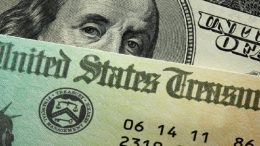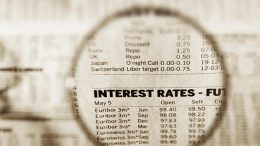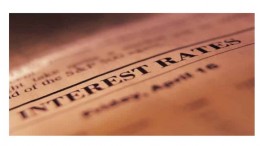Has Deflation Returned To Europe?
Azad Zangana (Schroders) | November 2020 was the fourth consecutive month that headline inflation for the eurozone – using the harmonised index of consumer prices (HICP) – was negative. The response to the coronavirus pandemic has caused the most severe economic shock across the continent since the Second World War. Temporary factors are to blame for current negative inflation rates, but low inflation is expected to keep interest rates very low for years to come.






